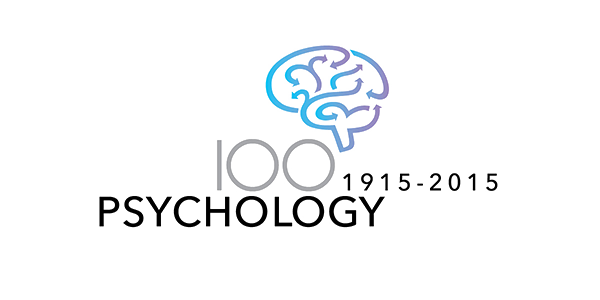Pro Sports Return to the Sound of Silence
CMU auditory neuroscientists Laurie Heller, Lori Holt and Barbara Shinn-Cunningham discuss how sound influences the gameday experience
At Heinz Field, only seconds remain in the fourth quarter. His team down by a score, quarterback Ben Roethlisberger stands under center ready for the snap. He goes through his cadence, receives the ball and lets a pass fly to an open receiver streaking down the field. The Steelers score and win the game but no one is cheering. The stadium is empty. A mountainous silence replaces the thunderous roar of tens of thousands of screaming fans.
Professional sports leagues around the world are crafting strategies to deal with hypotheticals like this, and the effect the absence of crowd noise will have on games after hiatuses caused by the outbreak of COVID-19. "It's easy to overlook the importance of the auditory experience with something like a sporting event," said Laurie Heller, a professor of psychology at Carnegie Mellon University. "You don't think about the crowd noise until it isn't there."
Heller researches how people identify what's happening in the world around them through sound.
"When someone is watching a game at home, they want to feel like they're experiencing it. They're suspending disbelief that they're sitting in their living room. Without sound, they won't experience the complete immersion," Heller said.
According to Heller, there are positive and negative outcomes to using artificial crowd noise to enhance sports broadcasts, a strategy being explored in all the major leagues in America. Done properly, using pre-recorded crowd noise will create the atmosphere that leads to an immersive experience.
"There's got to be an auditory and visual agreement," Heller said. "We normally are integrating our auditory and visual events all the time. It's a natural thing we don't think about, and we only notice minute mismatches. If something big starts to happen in the game and the crowd noise doesn't elevate to match, that's not going to make sense to the viewer."
If there is a blatant foul unaccompanied by booing, or a heartbreaking play that almost succeeds without the crowd's loud "aww," the entire experience may seem inauthentic to the viewer, according to Heller. A change in crowd volume can be what redirects the viewers' attention to the screen in a distracting home environment. As a big play begins to unfold, the crowds' cheers ramp up, subconsciously signaling the viewer that something important may be occurring.
Asynchronous audio events of just a few hundred milliseconds can be perceivable by viewers, according to Lori Holt, a professor of psychology at CMU. "When we experience these mismatches, they're usually off-putting, like a bad laugh track on an old sitcom," she said.
As much as fans may struggle with the concept of pre-recorded crowd noise, Holt said it will likely be less off-putting than silence. "If you watch the late shows right now, they're broadcasting from their homes with no audience feedback. They tell jokes to silence, and it really does feel different."
Holt does see an opportunity to use the natural sounds of the environment to help ease into the new at-home sports experience. "The silver lining in this is that the natural sounds of a sport are difficult to hear — really authentic sounds like the squeak of sneakers on a court, or someone's head connecting with a soccer ball. If sporting events were to use natural sounds like these that had been formerly interfered with, it may be less off-putting than inauthentic crowd sounds."
Crowd noise can also have an impact on the game itself. "Crowds play a big role in the home court advantage," Heller said. "Studies have shown that cheering can influence referees calls for the home team. So, in that sense, eliminating crowd noise will eliminate a lot of the home court advantage."
The lack of crowd noise in stadiums will also create an audio privacy issue for the players themselves, Heller said. Under normal circumstances, noise from the stands keeps the opposing team from being able to hear intrateam communication.
"In this scenario, pumping artificial crowd noise into the stadiums will help bring back audio privacy," Heller said. "If players have to monitor everything they're saying, that's an addition to their cognitive load. When you add one more thing, something else pays the price. Some other decision you have to make may take a little bit longer. It may only be a couple hundred milliseconds longer, but in sports, that amount of time can make a big difference."
Barbara Shinn Cunningham, director of the Neuroscience Institute at CMU and the George A. and Helen Dunham Cowan Professor of Auditory Neuroscience, studies hearing impairment, and sees a potential benefit to the shift in how fans experience professional sports.
In much the same way that COVID-19 lockdowns have improved air quality, as workers aren't driving their daily commute to the office, the quality of America's hearing may improve as fans are forced to stay clear of sports stadiums and rock concerts.
"The emotional content of being at a sporting event, bonding by creating sound as a group, that's one side of it. But there's the flip side where people keep trying to break records at these sporting events for being the loudest crowd ever. The levels of sound they generate are astronomical," Shinn-Cunningham said. "It's more than enough to cause hearing damage."



